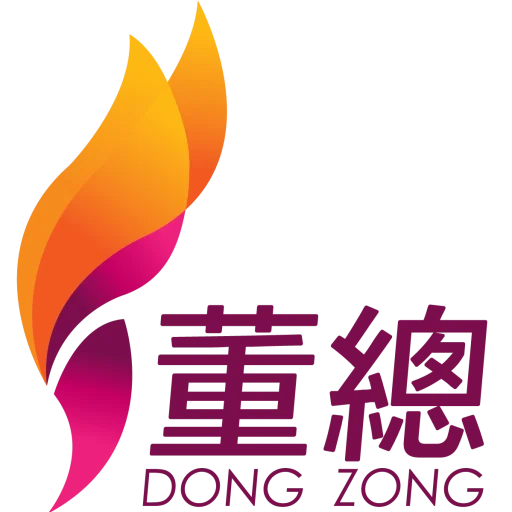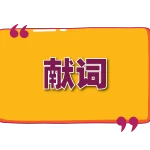Announcement of Secondary and Primary School Special Teacher Recruitment Urged—BA Holders or Graduating Undergraduates Are Strongly Recommended to Apply
Announcement of Secondary and Primary School Special Teacher Recruitment Urged—BA Holders or Graduating Undergraduates Are Strongly Recommended to Apply
Statement Released by Dong Zong
July 9, 2021
Announcement of Secondary and Primary School Special Teacher Recruitment Urged—BA Holders or Graduating Undergraduates Are Strongly Recommended to Apply
Through the Education Service Commission (SPP), the MOE had pronounced recently to recruit a total of 18,702 grade ‘DG41’ teachers and BA degree holders in both primary and national high schools from July 7 to 21 on a one-off basis. It is to address teacher shortage issue once and for all. Accordingly, the recruited candidates will be posted for teaching in October. Dong Zong herewith responds as follows:
We welcome both the MOE and Education Service Commission for the exercise of this teacher recruitment project and urge relevant department to promptly disclose the required number of vacancies for all subjects in the said schools. It is for the convenience of the applicants to suitably partake and opt their desired subject to meet the imminent needs. Further, it helps to avoid the influx of applications for particular subjects while lacking in other which may disappoint most of the applicants, thus making it unsuccessful in filling the vacant posts.
As understood, the MOE allows this special teacher recruitment to be open to all education-major Malaysian graduates from local public or private universities or overseas graduates and undergraduates in their last semester recognised by the Malaysian Qualifications Agency (MQA) for application in the recruitment system (mySPP). The MOE likewise has promised, in case the number of education-major applicants is insufficient, non-education-major applicants will instead be accepted through various methods of appointment in the next phase for the vacancies. Yet the defect being, no intake of preschool teachers in this special recruitment is noted and thus making it unhelpful towards the development of preschool education in vernacular Chinese primary schools.
All this while, vernacular Chinese primary schools nationwide have been overshadowed by teacher shortage issue; particularly in recent years when many subjects (for instance, Bahasa Melayu, Fine Arts, Physical Exercise, Music, Design and Technology, Guidance and Counselling, Preschool Education and Special Education) are in short of applicants, while other subjects such as Chinese and Mathematics have excessive applicants, thus ending up disappointment for many applicants. Moreover, in national and national-type high schools, there is a consistent shortage of Chinese subject teachers. The major cause is due to the questionable statistics for teacher needs provided by the MOE as it does not tally with the actual needs collected through survey by vernacular Chinese primary schools individually across the country. Worse still, there were cases where many teacher training academy graduates waited in vain for posting to vernacular Chinese primary schools and they were forced to switch to other line eventually, resulting in ‘teacher-drain’.
From the statistics, it is understood that the number of recruitments and intakes alike should far exceed the number of retirements comes of age and earlier retirements. We opine, the MOE needs to rectify the wrongly labelled construct ‘Subject Teaching’ so that precise data and time progress can be used to predict the actual needs and supply of teachers for all subjects, including school principals and deputy principals; it is to further moderate the disparity of teacher shortage in bid to tackle the issue effectively.
Therefore, this special recruitment project initiated by the MOE is indeed a rare opportunity for the younger generation to devote as teachers. Dong Zong, in view of this, urges either education-major or non-education-major graduates, including graduating undergraduates in their last semester to apply actively. They are recommended to closely read and understand the recruitment details and application procedures posted on the official website of the Education Service Commission (https://www.spp.gov.my/hebahan.html) to avoid unsuccessful application and disappointment. Besides, interested applicants are also cautioned to pay special attention to the number of subject teachers wanted and posting location.
Subject Teacher in Need and Posting Location in the Special Teacher Recruitment for Primary and Secondary Schools:
| No. | Subject Teachers in Need | Posting Location |
| 1 | Chinese | West (Peninsular) Malaysia |
| 2 | Bahasa Melayu | West (Peninsular) Malaysia, Sabah, Sarawak |
| 3 | English | West (Peninsular) Malaysia, Sabah, Sarawak |
| 4 | Guidance and Counselling | West (Peninsular) Malaysia, Sabah, Sarawak |
| 5 | Mathematics | West (Peninsular) Malaysia |
| 6 | Music | West (Peninsular) Malaysia, Sabah, Sarawak |
| 7 | Physical Exercise and Health Education | West (Peninsular) Malaysia, Sabah, Sarawak |
| 8 | Special Education | West (Peninsular) Malaysia, Sarawak |
| 9 | Moral Education | West (Peninsular) Malaysia, Sabah, Sarawak |
| 10 | Arts | West (Peninsular) Malaysia, Sabah, Sarawak |
| 11 | Design and Technology | West (Peninsular) Malaysia, Sabah, Sarawak |
| 12 | History | West (Peninsular) Malaysia, Sabah, Sarawak |

